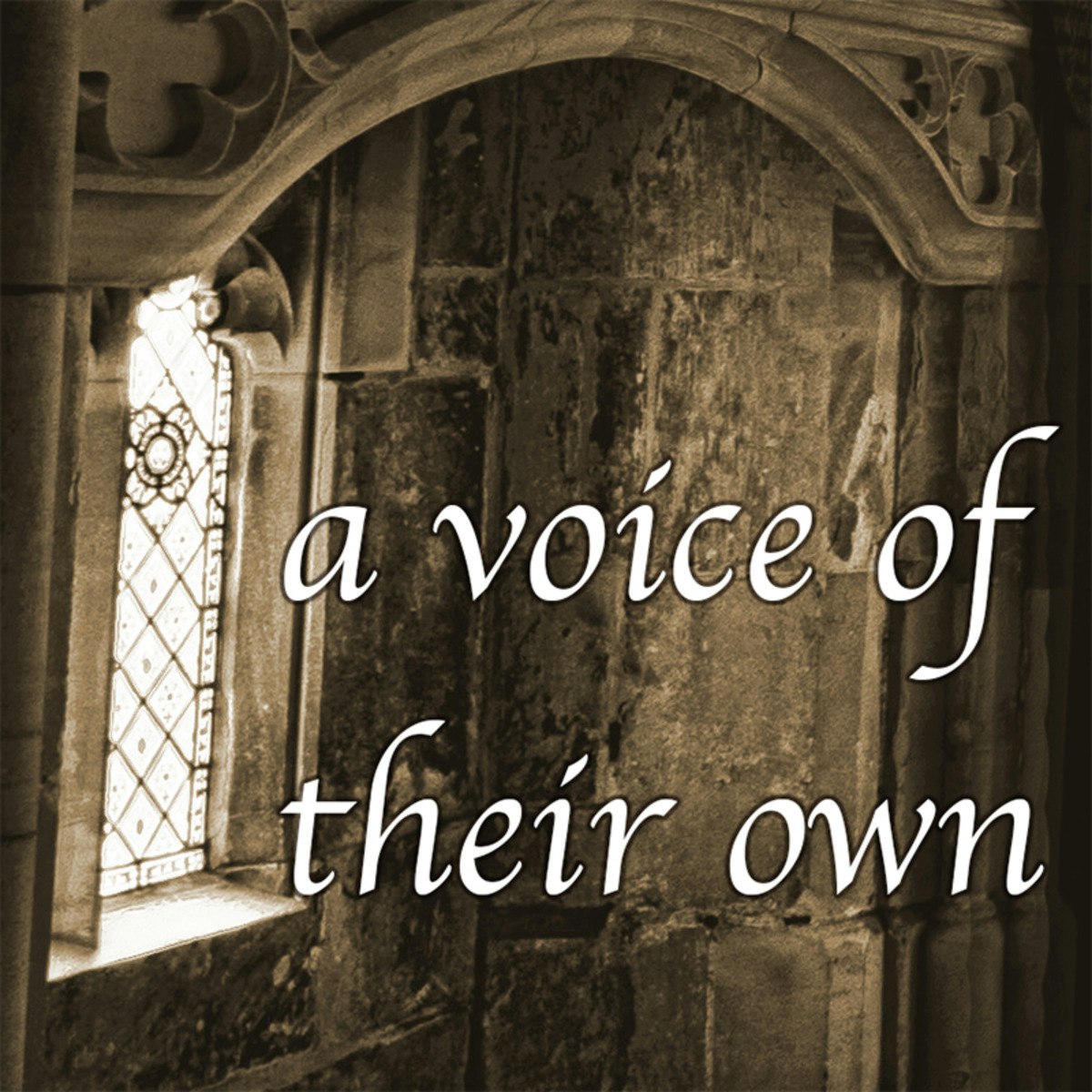Back to Courses









Arts And Humanities Courses - Page 21
Showing results 201-210 of 464

Story and Narrative Development for Video Games
In this course, you will examine how storytelling acts as a vital mechanism for driving video gameplay forward. Looking at several historical and contemporary games, you will be asked to evaluate and interpret different story styles with the goal of identifying themes and procedures for your own game ideas. We'll examine traditional narrative story processes, such as three-act structure, and how they fit into game story flows and the strategic elements of gameplay. Ultimately, you will learn how to define character, setting, and structure to create a compelling game concept.

Developing Your Musicianship
Learn the basic concepts and approaches needed to understand, create, and perform contemporary music.
If you have a passion for music and are curious about how it works, or if you are a musician who learned to play by ear without formal study, this course will provide you with an engaging introduction to key concepts and approaches needed to understand, create, and perform contemporary music. Taught by Berklee College of Music professor George W. Russell, Jr., the course includes six lessons that delve into harmony and ear training—two areas of intensive focus for every entering Berklee student.
The course will teach you the major scale and minor pentatonic scale, and how they are constructed. You will learn what intervals are, how to sing them, and how to find them in music. The course explores tonal centers and how to find the key a song is in, in addition to common time signatures such as 4/4 and 3/4. You will learn how to build chords—major and minor triads, and major and dominant seventh chords—and how to build a common chord progression—the I IV V. You will also learn how to recognize the blues and AABA song forms, and write a basic chord sheet to express your song ideas.
In addition to the video lectures, each lesson features Berklee student performances and interviews. The students share their musical journey and offer advice for those wanting to study music. The course culminates with an assignment that asks you to compose and perform a riff blues tune using the minor pentatonic scale. Above all, the course is designed to share the joy of creating music and sharing it with others.
Samy Elgazzar, a graduate of Berklee College of Music and a successful composer, will be your Teaching Assistant (TA) for the course.

Understanding the Music Business: What is Music Worth?
This course will examine the music industry in the United States, with the unique perspective gained by Vanderbilt University’s location in Nashville, TN. Nashville is a major center of music in the United States, and the music created here has a global reach, particularly in the country, rock, pop, singer-songwriter, and Americana genres. However, students will learn that the basic principles of recording, marketing, copyright, licensing, and live performance are the same, regardless of musical style or genre.
The music business is one of the most rapidly changing industries in the US today. It is also an industry filled with contradiction, and media headlines and anecdotal stories often add to the confusion. Here are just a few statements paraphrased from recent news stories:
* The music business has collapsed
* Demand for music is expanding at the greatest rate in history
* Historic recording studios are closing at an alarming rate
* More people are making recordings than ever before
* Musicians usually lose money touring
* Musicians usually make money touring
* Major artist pulls songs off streaming services because they don’t pay fairly
* Major artist makes a fortune from streaming services
* People won’t buy records anymore
* Vinyl record sales are soaring
This course will attempt to make sense of these seemingly contradictory trends and data, outline the basic structure and mechanisms of today’s music industry, and encourage students to think critically and entrepreneurially about the future of music. Leaders from various areas of the music business will lend their perspectives through in-depth interviews, and footage from a recording session will give learners a behind the scenes look at how a song goes from the spark of an idea hummed into a cell phone to a finished recording.
Participants will grapple with questions about art and commerce which are both timeless and crucially important today, and will emerge from this course with tools allowing them to make more informed decisions as creators, promoters, and consumers of music.
Course launches February 19, 2016.

Write A Feature Length Screenplay For Film Or Television
Write a Full Length Feature Film Script
In this course, you will write a complete, feature-length screenplay for film or television, be it a serious drama or romantic comedy or anything in between. You’ll learn to break down the creative process into components, and you’ll discover a structured process that allows you to produce a polished and pitch-ready script by the end of the course. Completing this project will increase your confidence in your ideas and abilities, and you’ll feel prepared to pitch your first script and get started on your next. This is a course designed to tap into your creativity and is based in "Active Learning". Most of the actual learning takes place within your own activities - that is, writing! You will learn by doing.
Here is a link to a TRAILER for the course. To view the trailer, please copy and paste the link into your browser.
https://vimeo.com/382067900/b78b800dc0
Learner review: "Love the approach Professor Wheeler takes towards this course. It's to the point, easy to follow, and very informative! Would definitely recommend it to anyone who is interested in taking a Screenplay Writing course!
The course curriculum is simple: We will adopt a professional writers room process in which you’ll write, post your work for peer review, share feedback with your peers and revise your work with the feedback you receive from your peers. That's how we do it in the real world. You will feel as if you were in a professional writers room yet no prior experience as a writer is required. I'm a proponent of Experiential Learning (Active Learning). My lectures are short (sometimes just two minutes long) and to the point, designed in a step-by-step process essential to your success as a script writer. I will guide you but I won’t "show" you how to write. I firmly believe that the only way to become a writer is to write, write, write.
Learner Review: "I would like to thank this course instructor. It's an amazing course"
What you’ll need to get started: As mentioned above, no prior script writing experience is required. To begin with, any basic word processor will do. During week two, you can choose to download some free scriptwriting software such as Celtx or Trelby or you may choose to purchase Final Draft, the industry standard, or you can continue to use your word processor and do your own script formatting.
Learner Review: "Now I am a writer!"
If you have any concerns regarding the protection of your original work, Coursera's privacy policy protects the learner's IP and you are indeed the sole owners of your work.

Coexistence in Medieval Spain: Jews, Christians, and Muslims
This course explores Jewish, Christian, and Muslim intercultural relations in Iberia from the Visigothic era (6th century CE) until the creation of Queen Isabel I and King Ferdinand II Catholic Spain (late 15th century). We evaluate the many identities of the peninsula known as Christian Hispania, Jewish Sefarad, and Islamic al-Andalus. We trace the origins and trajectory of conflict between these communities (the Muslim conquest of Spain, Christian Reconquista, prohibitions blocking intermixing of peoples, and expulsions). We aim to understand conflicts within communities as well, such as the tensions between Christian Arian Visigoths and native Catholic Iberians or the fundamentalist North African Almohad Dynasty that rejected the Spanish Umayyad Caliphate’s preference for religious tolerance. We delve into an appreciation of collaboration and coexistence among these communities. We explore the unique role of the Jewish community who Muslims and Christians depended upon as political and cultural intermediaries as well as their intellectual collaborators. We find the history of how peoples attempted to create and manage viable diverse communities. As we study this history, the Honors Track will employ an investigative process (“The Historian’s Craft”) that involves viewing, reading, analyzing, and reflecting on events, peoples, places, and artifacts.

The Persuasive Leader
This aims primarily at post-baccalaureate students interested in leadership theory.
The course has four modules. Module 1 introduces students to agile leadership as (a) a logical sequel to adaptive and team leadership, and (b) the foundation of contemporary persuasive leadership. Topics include a working definition of agile leadership, the need for agile leadership, and characteristics of the agile leader. Module 2 answers the question, What is persuasive leadership? Topics include persuasive vs. coercive leadership, conversation as essential to persuasive leadership, types of persuasion, elements of persuasion, and principles of persuasion. Module 3 answers the question, Why persuasive leadership? Topics include setting the question, benefits to the organization, benefits, to the team, and benefits to the leader. Module 4 answers the question, Persuasive leadership: How? Topics include preparing the leader, preparing the team, engaging the team in a plan, executing the plan, and assessing and improving.
To complete this course successfully students should be able to analyze college-level readings and audio/visual presentations into understandable parts, including premises and conclusions; synthesize the results of the analysis into coherent and accurate summaries; and evaluate the results for accuracy and practical applicability.
This is one course in the Coursera specialization, Leadership: An Introduction. It examines current trends in leadership theory invoking several disciplines, including business, sociology, philosophy, history, and psychology.
Upon successful completion of the course, students will be able to
• Define persuasive leadership
• Explain how adaptive leadership, team leadership, and agile leadership underlie persuasive
leadership
• Assess the value of persuasive leadership to contemporary organizational leadership
• Apply techniques of persuasive leadership to organizational challenges

A Voice of Their Own. Women's Spirituality in the Middle Ages.
Have you ever heard about medieval mysticism or medieval heresies? Have you ever wondered about the particular role women played in medieval spirituality? Do Hildegard of Bingen, Clare of Assisi, Marguerite Porete, the Cathar ladies or Isabel de Villena ring a bell? Have you ever felt like you wanted to know more about them? If your answer to any of these questions was yes, then this MOOC, A voice of their own. Women’s spirituality in the Middle ages is what you were looking for.
A Voice of their own is much more than a course. It is an invitation to follow the paths traced by the spiritual experiences of medieval women. It is a challenge that, should you let it, will take you to places where you will see and hear things that will astonish you. Here you will find medieval women playing a major role in the spiritual transformations of the Middle Ages, founding monastic movements and orders, writing about their experiences, traveling the roads of Europe to spread their ideas, creating spiritual landscapes, as well as both material an intangible architectures. In this MOOC, these women will speak to you from the past, and you'll see that their voices still hold great validity in the present.

Digital Fashion Industry
Digital Fashion Industry is a collaboration between Parsons School of Design at The New School and The Digital Fashion Group Academy.
This course explains how digital technologies have the potential to dramatically impact and positively improve the fashion industry by creating a more sustainable digital ecosystem.
You will explore the role of the consumer as they demand a shift towards more ethically sourced products and brands, focusing on how this transformation happens through the support of a transparent supply chain during the design, manufacturing, and distribution of textiles and garments. Then, you will examine how blockchain technology has the potential to address industry concerns such as counterfeiting, environmental impact, and tracking and verification of goods.
Throughout the course, you will learn how important Artificial Intelligence (AI) is in automating the fashion industry and how it is changing the way products move from businesses to consumers.
At the end of the course, you will craft a Digital Fashion Mission Statement and construct a mind map of the key knowledge you have gained about digitization and Digital Transformation.

How to use the shape builder tool in Adobe Illustrator
In this project you will learn how to use the shape builder tool in Adobe Illustrator.
The Shape Builder tool allows you to create complex objects by merging and erasing simpler objects. This tool elevates your value as a graphic designer and being able to use it and understand how it's used it's awesome. Many tools are ignored in Adobe Illustrator and what makes you shine and be the graphic designer your client needs it's to be able to use any tool to make your job even better.
In this guided project you'll learn how to use the shape builder tool and you'll apply designs in every scenario. The shape builder tool lets you merge multiple simple shapes together to create very intriguing and complex designs. I hope you are excited to learn more about Adobe Illustrator and let's go ahead and start.

Guitar for Beginners
Grasp the essentials needed to begin playing acoustic or electric guitar. You'll learn an easy approach to get you playing quickly, through a combination of exploring the instrument, performance technique, and basic music theory.
For students who have long thought about picking up the acoustic or electric guitar, this course will provide an easy-access foundation that will get you playing. When first learning guitar, it is important to have the material presented in stages, in an enjoyable way that allows you to grasp the basics of the instrument and music. The course begins simply with the parts of the guitar, the names of the strings, tuning, and technique—whether finger-style or pick. It then explores the basics of music theory with such topics as scales, triads, power chords, and fingering and shapes.
At the end of this course, students will understand the structure, parts, and accessories of the instrument, in addition to an understanding of its basic maintenance. Electric guitar players will learn the operation of their instrument along with basic options for amplification, effect pedals, and sounds. Students will also learn to develop correct technique and apply theory concepts to their playing. They will have the foundational knowledge necessary to pursue most intermediate guitar courses.
Popular Internships and Jobs by Categories
Find Jobs & Internships
Browse
© 2024 BoostGrad | All rights reserved